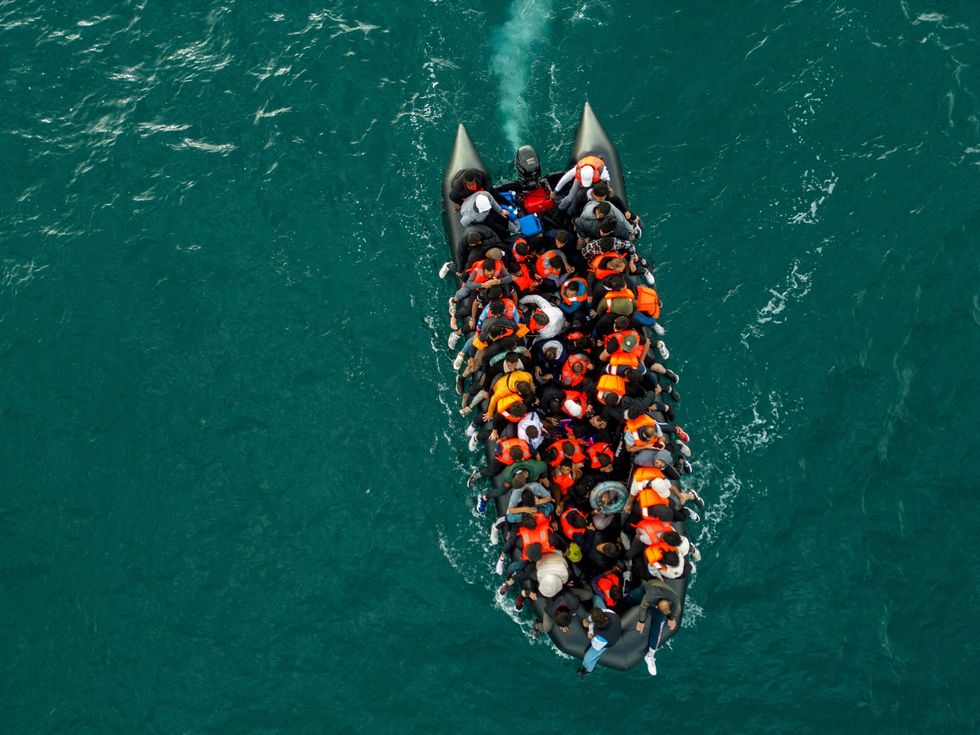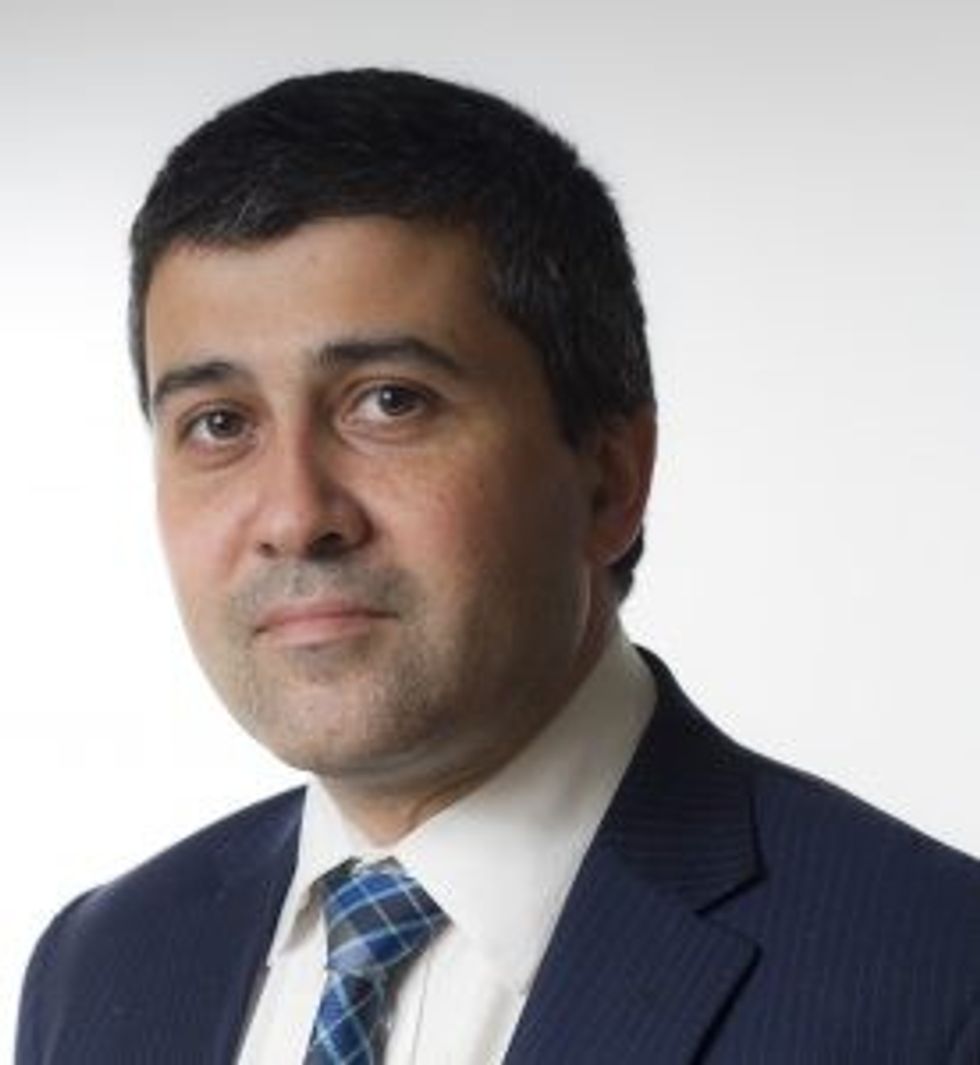HIS HIGHNESS Prince Karim Al-Hussaini, Aga Khan IV, the spiritual leader of the Ismaili Muslim community and head of a vast philanthropic network, died on Tuesday at the age of 88.
His Aga Khan Development Network and the Ismaili religious community announced that His Highness Prince Karim Al-Hussaini, the 49th hereditary imam of the Shia Ismaili Muslims, passed away in Portugal, surrounded by his family.
His successor has been designated in his will, which will be read in Lisbon before his family and religious leaders. The name will be made public afterward, though no date has been announced.
His Highness Prince Karim Al-Hussaini, Aga Khan IV, 49th hereditary Imam of the Shia Ismaili Muslims and direct descendant of the Prophet Muhammad (peace be upon him), passed away peacefully in Lisbon on 4 February 2025, aged 88, surrounded by his family. Prince Karim Aga Khan… pic.twitter.com/bxOyR0TyZr
— Aga Khan Development Network (@akdn) February 4, 2025
According to the Ismaili community's website, the successor is traditionally chosen from among his male progeny or other relatives.
Considered by his followers to be a direct descendant of the Prophet Muhammad, Prince Karim Aga Khan IV took on the role at the age of 20 while still a Harvard undergraduate.
His grandfather bypassed his own son, Prince Aly Khan, as successor, believing that leadership should pass to a younger person “who has been brought up in the midst of the new age.”
Over the years, the Aga Khan became both a prominent philanthropist and a business magnate, balancing religious leadership with global development work.
Following the announcement of his death, ceremonies were held in Ismaili communities across the United States. Tributes poured in from organisations he supported and from the equestrian world, where he was well known.
“An extraordinarily compassionate global leader,” Canadian prime minister Justin Trudeau said Tuesday, calling him a very good friend. “He will be deeply, deeply missed by people around the world.”
Treated as a head of state, the Aga Khan was given the title “His Highness” by Queen Elizabeth in July 1957, two weeks after his grandfather named him heir to the family's 1,300-year dynasty.
He formally became Aga Khan IV on 19 October 1957 in Dar es Salaam, Tanzania, where his grandfather had once been weighed in diamonds as gifts from followers.
At the time, he left Harvard to be at his ailing grandfather's side and returned to university 18 months later with a heightened sense of responsibility.
“I was an undergraduate who knew what his work for the rest of his life was going to be,” he said in a 2012 interview with Vanity Fair. “I don't think anyone in my situation would have been prepared.”
Aga Khan IV was widely regarded as a bridge between Muslim societies and the West. He focused on development projects rather than political affairs, with his Aga Khan Development Network working in over 30 countries in sectors such as health care, housing, education, and rural development. The organisation has an annual budget of about USD 1 billion for nonprofit activities.
His network of hospitals operates in regions with limited healthcare access, including Bangladesh, Tajikistan, and Afghanistan, where he funded economic development efforts.
His financial empire's exact scale remains unclear, though some reports estimated his personal wealth in the billions. The Ismailis, a sect with communities in India, East Africa, Central and South Asia, and the Middle East, traditionally tithe up to 12.5 per cent of their income to him as steward.
“We have no notion of the accumulation of wealth being evil,” he told Vanity Fair in 2012. “The Islamic ethic is that if God has given you the capacity or good fortune to be a privileged individual in society, you have a moral responsibility to society.”
Born on 13 December 1936 in Creux-de-Genthod, near Geneva, Switzerland, he was the son of Joan Yarde-Buller and Prince Aly Khan. He spent part of his early life in Nairobi, Kenya, where a hospital now bears his name.
He was also an accomplished horse breeder and represented Iran as a skier in the 1964 Winter Olympics. His interest in architecture led him to establish an architecture prize and academic programmes at MIT and Harvard. He also played a role in restoring historic Islamic sites worldwide.
The Aga Khan lived for many years in France before relocating to Portugal, where his development network is headquartered in Switzerland.
He will be buried in Lisbon, though a date has not been announced. He is survived by three sons, a daughter, and several grandchildren.
(With inputs from agencies)




















 In this drone view an inflatable dinghy carrying migrants makes its way towards England in the English Channel, August 6, 2024. (Photo: Reuters)Getty Images
In this drone view an inflatable dinghy carrying migrants makes its way towards England in the English Channel, August 6, 2024. (Photo: Reuters)Getty Images Sunder Katwala is the director of thinktank British Future and the author of the book How to Be a Patriot: The must-read book on British national identity and immigration.
Sunder Katwala is the director of thinktank British Future and the author of the book How to Be a Patriot: The must-read book on British national identity and immigration.